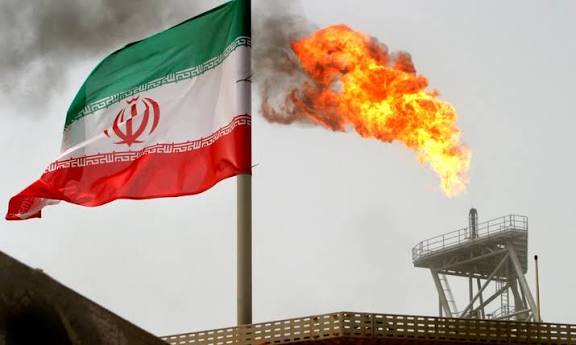The world’s largest cryptocurrency exchange, Binance, reportedly facilitated a staggering $90 billion worth of cryptocurrency trades in China.
Meanwhile, crypto trading has been banned in China since 2021.
The transactions, unveiled by the Wall Street Journal on Tuesday, were detailed in internal figures and confirmed by current and former Binance employees.
Curiously, this bustling trading activity catapulted China to the position of Binance’s largest market, accounting for a remarkable 20 percent of global trading volume.
This significant engagement did not include trades executed by a specific group of major traders.
The exact month of this whirlwind trading frenzy was not disclosed in the report.
Binance, with its roots in China, had migrated from the mainland in 2017 due to regulatory pressures.
Although the exchange has yet to respond to Reuters’ request for comments on the Wall Street Journal’s revelation,
The Binance.com website has been blocked in China, and its access remains restricted to users in the country, according to a Binance spokesperson’s statement to the WSJ.
“The Binance.com website is blocked in China and is not accessible to China-based users.”
This is not the only challenge Binance has been grappling with. It has drawn the attention of US regulators, including the Commodity Futures Trading Commission and the Securities and Exchange Commission.
The CFTC’s legal action against Binance accuses the exchange of running an “illegal” platform alongside a deceptive compliance programme.
Simultaneously, the SEC filed a lawsuit against Binance and its CEO, Changpeng Zhao, alleging artificial inflation of trading volumes, misdirection of customer funds, failure to prevent US customers from accessing its platform, and deceptive information about its market oversight measures.
According to Reuters, the US Justice Department is looking into Binance for possible money laundering and sanctions violations, which intensifies the scrutiny.
Binance’s controversial yet formidable journey continues, raising both eyebrows and questions about its global operations and regulatory adherence.










